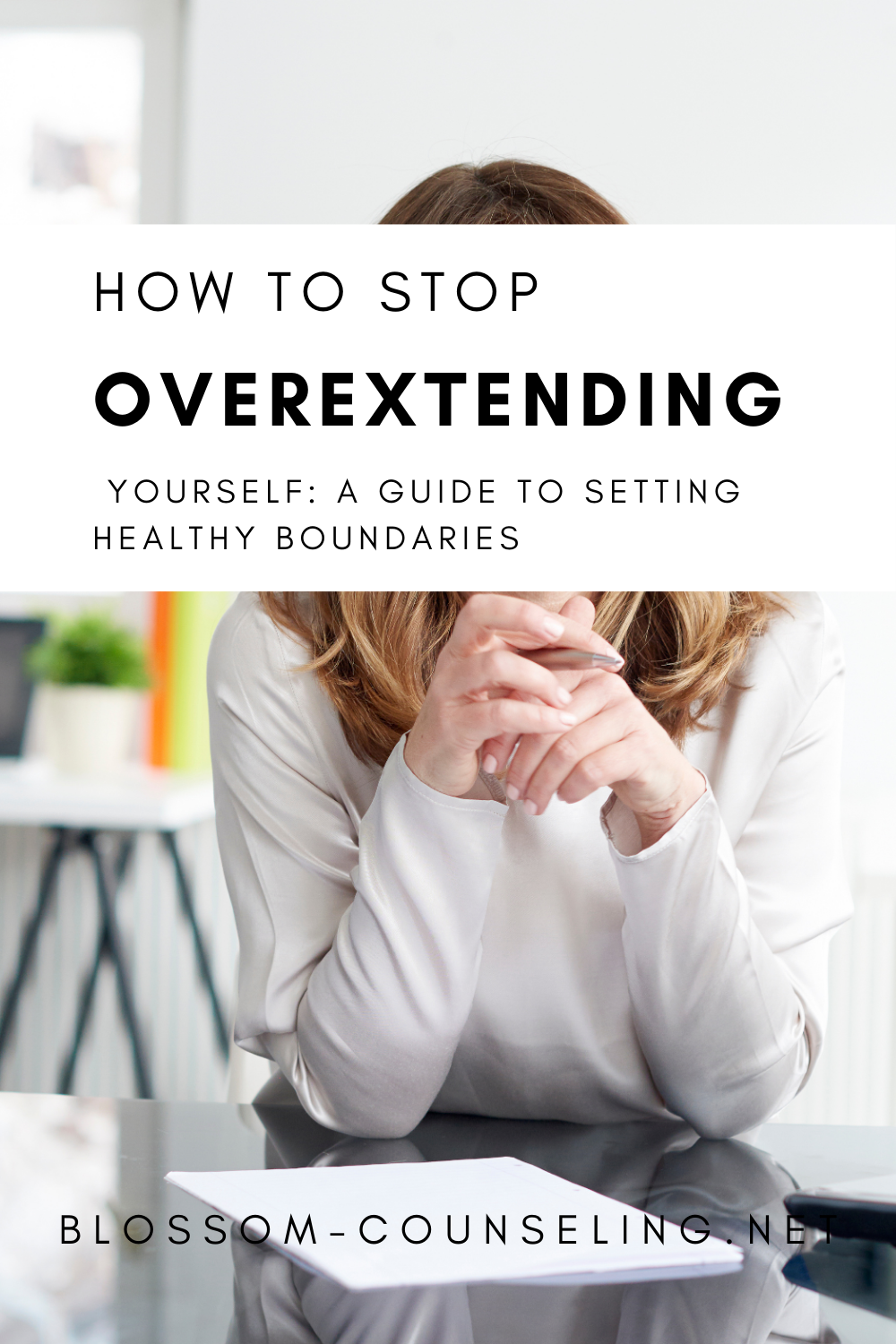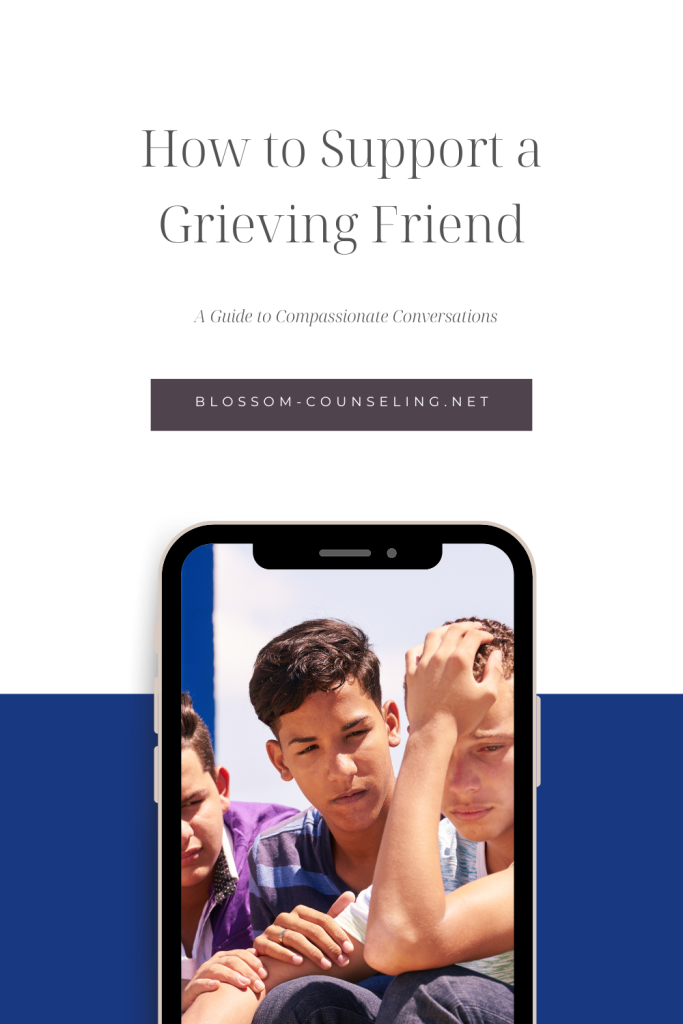
Does your schedule feel like a puzzle with no edges? One commitment overlaps the next, and suddenly, you’re wondering how you agreed to bake cookies for the school fundraiser, stay late at work, and help a friend move—all in the same weekend. If this sounds familiar, you might be overextending yourself, a habit that can leave even the most capable among us feeling burnt out, exhausted, and resentful.
Why Do We Overextend Ourselves?
Overcommitting is often rooted in good intentions. We want to help, be reliable, and keep everyone happy. Saying “yes” feels like the right thing to do, especially if you’ve always been the go-to person in your circle. But here’s the catch: constantly putting other people’s needs above your own leaves little room for rest, reflection, or your well-being.
For some of us, the tendency to overextend comes from a desire for approval. We believe that by being there for everyone, we’ll be seen as valuable or worthy. In reality, though, it’s a fast track to feeling drained. Over time, the joy we get from helping others turns into an overwhelming sense of obligation. Sound familiar?
The Cost of Saying Yes Too Often
When you’re always saying yes, something else inevitably gets pushed to the side. Often, it’s the things that recharge you—your hobbies, downtime, or even sleep. Overextending yourself can also lead to stress, anxiety, and even resentment toward the very people or activities you wanted to support.
Here’s the thing: your time and energy are finite. Continually stretching yourself thin might make you feel productive in the short term, but in the long run, it takes a toll on your mental and physical health. It’s like trying to run a marathon at a sprinter’s pace—you’ll burn out long before the finish line.
Signs You’re Overextending Yourself
Not sure if you’re overextending yourself? Here are some telltale signs:
- Constant fatigue: If you’re always tired, even after a full night’s sleep, it could be a sign that you’re taking on too much.
- Irritability: When your patience is thin and the smallest requests start to feel like huge demands, it’s time to reassess.
- Neglecting personal time: If “me time” has become a distant memory, you’re likely prioritizing everyone else over yourself.
- Difficulty saying no: If the thought of disappointing someone fills you with anxiety, you might be saying yes for the wrong reasons.
How to Set Boundaries (Without Feeling Guilty)
Setting boundaries is key to protecting your time and energy, but it doesn’t always come naturally—especially if you’re used to being the person who says yes to everything. The good news? You can learn to set limits that keep you in control of your commitments while still being supportive and helpful.
- Recognize your limits: It’s okay to admit that you can’t do it all. Start by figuring out how much time and energy you realistically have to give each week.
- Say no (without over-explaining): A simple, “I’m sorry, I can’t commit to that right now,” is enough. You don’t owe anyone a long-winded explanation.
- Prioritize: Determine what’s important to you. Make a list of non-negotiables, like spending time with family or setting aside an hour each day for yourself.
- Let go of guilt: Saying no doesn’t make you a bad person. In fact, taking care of your own needs means you’ll have more to give when it really matters.
- Practice self-care: Refill your own cup. Whether it’s reading a book, taking a walk, or just having a quiet moment, make time for things that nurture your well-being.
Overcoming the Fear of Disappointing Others
One of the hardest parts of setting boundaries is the fear of disappointing people. We worry that by saying no, we’ll let someone down or damage a relationship. But here’s the reality: people who care about you will understand. In fact, learning to set boundaries often leads to healthier, more balanced relationships because you’re being honest about what you can and can’t handle.
Overextending yourself doesn’t just wear you out—it also makes it harder to show up fully for the things that matter most. The next time you’re asked to take on a new task, remember: it’s okay to protect your time and energy. The best version of you is the one that’s rested, present, and not stretched too thin.
Our team of compassionate therapists is here to help you find the support you need. We believe in a holistic approach, treating your mind, body, and spirit. With a blend of traditional and alternative therapies, we tailor your experience to meet your unique needs. At Blossom, we create a non-judgmental space where you can be your authentic self. Our goal is to empower you, amplify your strengths, and help you create lasting change. Together, we’ll navigate life’s challenges and help you bloom, grow, blossom! You deserve to become the best version of you.




